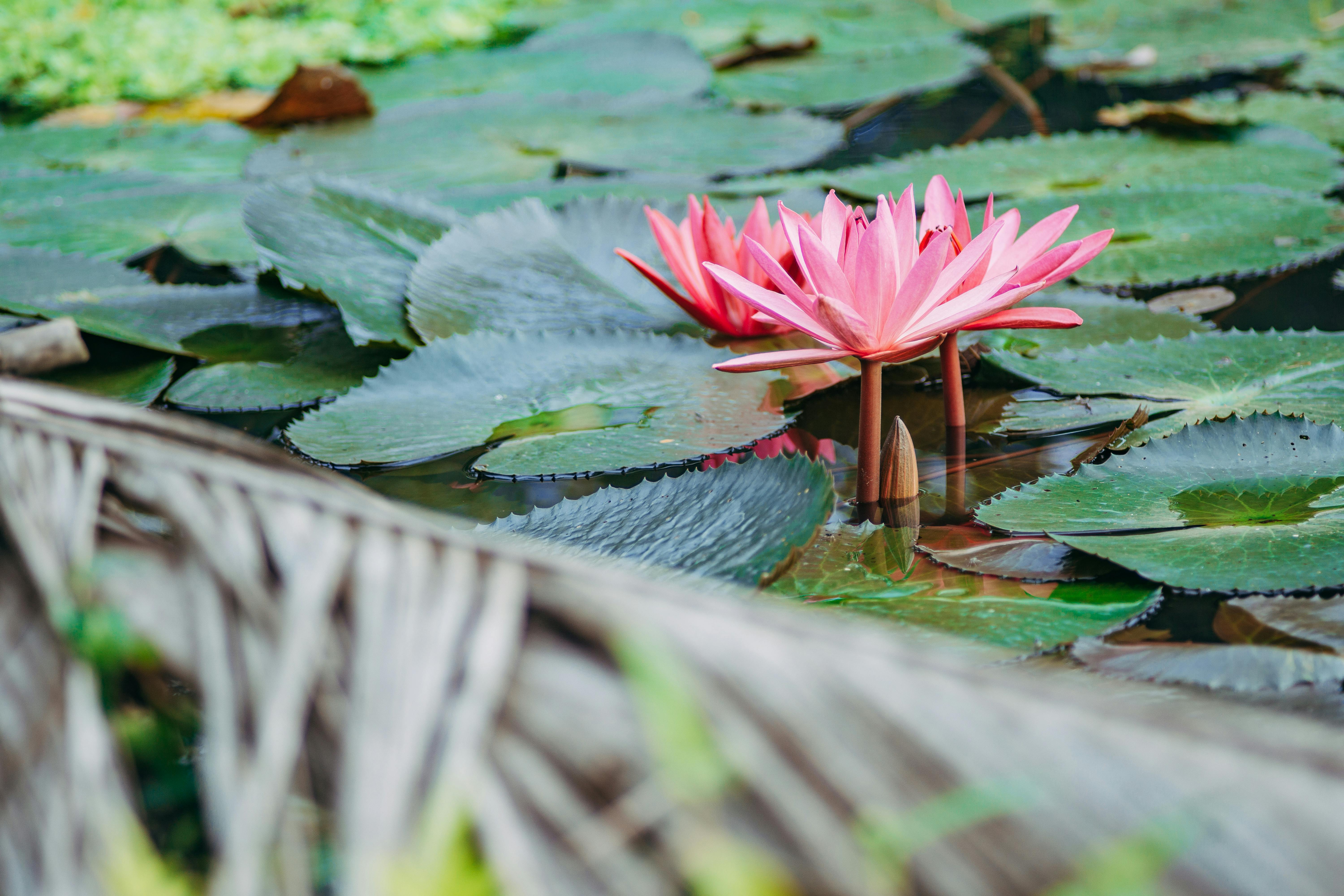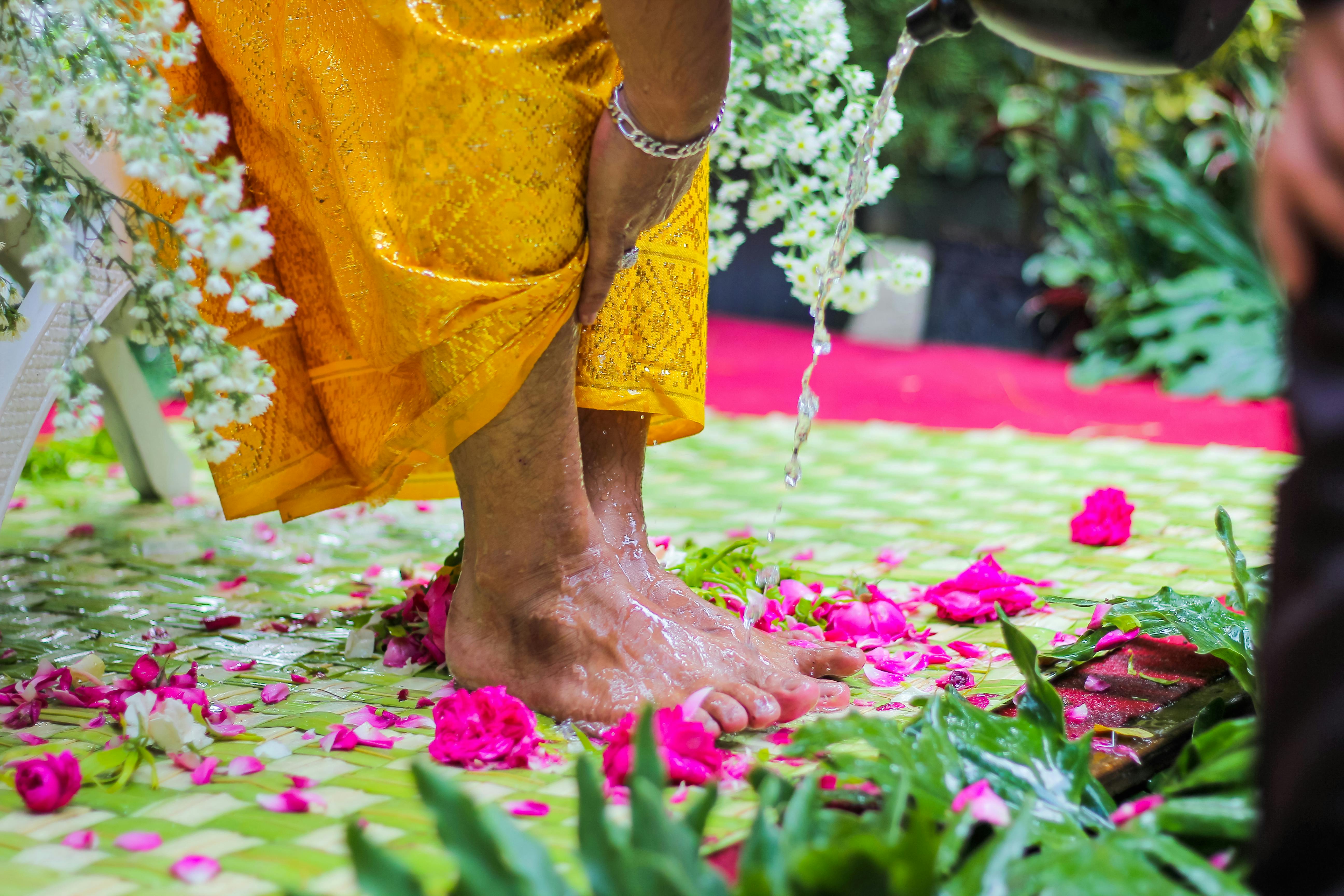Distilled water is often referred to as “purified” or “demineralized” water, and it is considered to be one of the best choices for watering flowers. Distilled water does not contain any minerals, so it does not cause any buildup or deposits on your plants. It also has a neutral pH level, meaning it will not have any adverse effects on the soil or plants. This makes distilled water an ideal choice for keeping your flowers healthy and happy.Distilled water is water that has been boiled and evaporated, leaving behind any impurities or minerals. The resulting liquid is then condensed and collected in a separate container. Distilled water is often used when preparing items such as steam irons or car batteries because of its purity. It is also used in medical settings, aquariums, and even in food preparation.
The Benefits of Watering Flowers With Distilled Water
Using distilled water to water flowers is beneficial for a number of reasons. Distilled water is free from the usual impurities found in tap and other water sources, giving plants the cleanest form of H2O. This benefits flowers in many ways, including better growth, improved health, and fewer pests and diseases.
Distilled water helps to flush out any built-up salts in the soil which can harm plant root systems. This can be especially beneficial for potted flowers that are re-potted frequently or given regular doses of fertilizer, as these salts can accumulate quickly. Additionally, because distilled water contains no impurities or minerals, it helps to prevent diseases and pests that thrive off these substances.
Using distilled water on your flowers can also help them to grow better. Because it contains no minerals or other substances that can affect pH levels in the soil, it will not interfere with the flower’s ability to draw nutrients from the soil. Additionally, plants watered with distilled water tend to retain moisture better than those given tap or other types of water, meaning they need less frequent watering
Drawbacks of Watering Flowers With Distilled Water
Watering flowers with distilled water can sometimes be beneficial, as it contains no minerals and other impurities that can accumulate in soil over time. However, there are a few drawbacks to using distilled water for this purpose. The most significant drawback is the lack of essential nutrients that plants need to survive and thrive. Distilled water has been processed to remove all the minerals, which means it does not contain any of the necessary nutrients that plants need to grow properly. Additionally, because distilled water has a neutral pH level, it is not ideal for certain types of flowers that require acidic or alkaline soil.
Another issue with watering flowers with distilled water is that it can cause issues with the soil’s structure over time. Because distilled water contains no mineral content, it does not help to create healthy soil structure and can actually erode away beneficial organic matter from the soil. This means that the soil becomes less porous and less aerated over time, which can lead to poor drainage and oxygenation in the soil which will negatively impact plant health and growth.
Finally, using
How to Tell If Your Water Is Distilled
Distilled water is purified through a process of boiling and condensation, making it a valuable resource for many households. Knowing how to tell if your water is distilled can help you determine if it’s safe to drink. Here are some tips on how to determine if your water is distilled:
1. Check the label on the container. Distilled water will be labeled as such, so make sure you look for this label before consuming any water.
2. Look for signs of impurities. If there are any particles or discoloration in the water, then it’s likely not distilled. The lack of minerals in distilled water makes it difficult for any particles or impurities to remain suspended in the liquid.
3. Taste the water. Distilled water has a distinctive taste that’s different from tap or filtered water due to its lack of mineral content. If you don’t taste anything out of the ordinary when sipping your glass of H2O, then you can assume that it’s
Types of Flowers That Can Be Watered With Distilled Water
Distilled water is a great way to keep your flowers healthy and hydrated. It’s free of any impurities, so you don’t have to worry about any minerals or chemicals making their way into your flower’s soil. Many types of flowers can thrive with distilled water, so let’s take a look at some of the most common varieties.
One popular choice is the rose. Roses require careful watering; too much can cause root rot and other issues, while not enough will cause them to wilt. Distilled water helps to prevent these issues, as it doesn’t have any impurities that can damage the soil or the roots.
Tulips are another flower that does well with distilled water. As they don’t have deep root systems, they require frequent watering – but not too much! Tulips need just enough to keep them hydrated and happy, which makes distilled water perfect for them.
Orchids are an exotic flower that need a very specific

Watering Flowers With Distilled Water
Watering your flowers with distilled water is an important part of keeping them healthy and vibrant. Distilled water does not contain any minerals or other impurities that might harm your plants, so it is the best choice for your plants. Here are some tips for watering your flowers with distilled water:
1. When watering flowers with distilled water, use lukewarm water instead of cold, as this will help the plant absorb more nutrients from the soil.
2. Make sure to use a watering can or hose rather than pouring directly from the container of distilled water. This will help to evenly distribute the water and ensure that all parts of the plant are getting enough moisture.
3. Avoid over-watering plants, as this can cause root rot and other issues with the plant’s health. Instead, check the soil periodically to make sure it is still damp before adding more water.
4. If you are using a hose to water your plants, make sure to turn it off at least two feet
Common Mistakes When Using Distilled Water on Plants
One of the most common mistakes when using distilled water on plants is to use it too frequently. While distilled water is beneficial for some plants, it can be too harsh for others. If you’re using distilled water more than once a week, you may be overdoing it. Additionally, if your plants are showing signs of stress or wilting, discontinue use of distilled water as soon as possible.
Another mistake when using distilled water on plants is not measuring the pH level of the water before applying it to the soil. Distilled water has a neutral pH level and can alter the pH balance of your soil if not monitored closely. To avoid this, make sure you check the pH level of your distilled water before applying it to your plants.
Finally, many people forget to flush their soil with plain tap or filtered water after applying distilled water to their plants. Flushing helps to reduce any buildup of salts or minerals that may have been left behind by the distilled water. This also helps remove any excess salts that may have been introduced by the distilled water and can help prevent any issues with
How to Make Your Own Distilled Water at Home
Making your own distilled water is a great way to ensure you have access to purified water for drinking, cooking and other uses. Distilled water is free of minerals, bacteria and other contaminants that can be found in tap or well water. It is also very easy to make your own distilled water at home with just a few simple items. Here’s how you can do it:
The first step is to gather the necessary supplies. You will need a large pot, a lid for the pot, a metal bowl that fits inside the pot, and ice cubes. You will also need some clean water for boiling.
Once you have all of your supplies gathered, fill the pot about halfway with clean water and place over medium-high heat on the stove. Place the metal bowl upside down in the center of the pot and cover with the lid. As the water begins to boil, steam will start to collect on the underside of the lid. The steam will then condense and drip into the bowl.
As this process continues, more and more steam will

Conclusion
In conclusion, distilled water is an excellent choice for watering flowers. It is free of any minerals or chemicals that could potentially disrupt the delicate balance of a flower’s roots. Distilled water can help to protect against mineral build-up that can damage the delicate root system of flowers. Additionally, it helps to reduce the risk of fungal and bacterial infection, since it lacks any natural microbes which could cause disease in plants.
Overall, when used properly and in moderation, distilled water can be a great way to keep your flowers healthy and thriving.
However, it is important to remember that distilled water should not be used as a substitute for fertilizer or other soil amendments. As with all things in gardening, moderation and good soil management practices are key to success. With proper care and attention, you can ensure that your flowers get the best care possible with distilled water.

